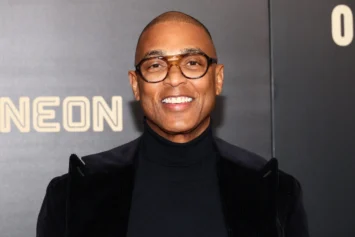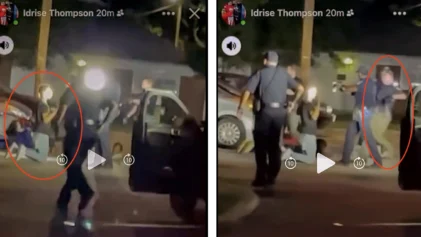
The group of seven Black female authors has been successful at occupying the digital space but their hard work and key contributions to discussions of feminism, heteropatriarchy, decolonization and other controversial topics have come at a serious cost.
The authors are known best by their Twitter handles:
@tgirlinterruptd, @chiefelk, @bad_dominicana, @aurabogado, @so_treu, @blackamazon, @thetrudz
They have been launching Twitter discussions, video chats and other digital forums of academic conversations for quite some time.
These women have been harassed and rejected by mainstream media, deemed “Toxic Twitter,” and many claim to have experienced countless death threats from those who oppose their online opinions—the same opinions they rarely even get credit for.
On December 12, the women launched the hashtag #ThisTweetCalledMyBack to voice their frustrations with the way their social media work has been appropriated and devalued by mainstream media.
In addition to launching the hashtag the women are agreeing to back away from social media, snatch their opinions offline and stop providing fuel to mainstream vehicles that are benefitting from their hard work without even giving them any credit.
“We are Black, AfroIndigenous and women of color [WOC] who have organized a social media Blackout,” the group wrote in a public statement on Tumblr. “We are your unwaged labor in our little corner of the internet that feeds a movement. Hours of teach-ins, hashtags, Twitter chats, video chats and phone calls to create a sustainable narrative and conversation around decolonization and antiblackness.”
The statement explains that these women have utilized digital platforms in order to create “an entire framework with which to understand gender violence and racial hierarchy in a global and U.S. context.”
In the midst of all those threats and online harassment, the women have seen their work snatched by larger outlets and academics with larger names while the women themselves are still denied a spot in mainstream academia and media.
The social media blackout is their way of saying enough is enough.
The statement claims that without their insight, people will see their “favorite activist’s timeline” sound “less brilliant and more like a Magic Eight Ball or one of your Auntie’s Tarot Card readings” and they will watch the “media landscape” start to “dry up” without the help of its “usual sacrificial lambs.”
“We have been constantly months ahead of the news cycle, and seen reflections and outright copies of our work in spaces to which we are denied access,” one of the women, Shaadi Devereaux, wrote in an essay to New Inquiry about the movement. “Non-profits and big names with large followings present at conferences and lead anti-violence campaigns using our digital framework—and in many cases, stolen work.”

The hashtag has helped with that mission although it has also been another example of why many women don’t feel safe in the digital space.
The group of women has been attacked as “drama queens” even in their silent protest.
Other women have used the hashtag to share their own stories of having their digital work stolen by larger media sources and these women have also found themselves under attack.
Despite some backlash, however, the #ThisTweetCalledMyBack movement has also garnered some serious support.
The hashtag has been shared more than 9,000 times since Monday morning and several blogs have written pieces to support the women and stand in solidary with their movement.


